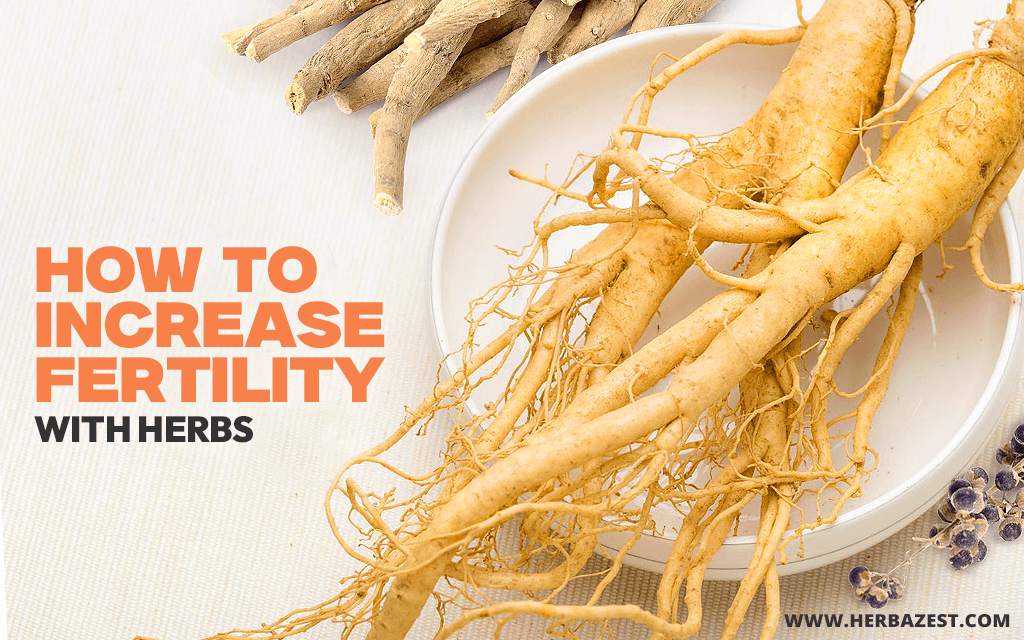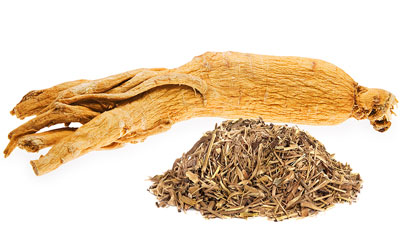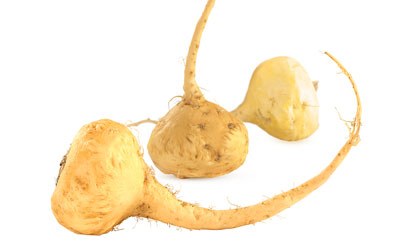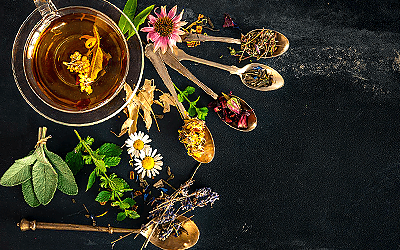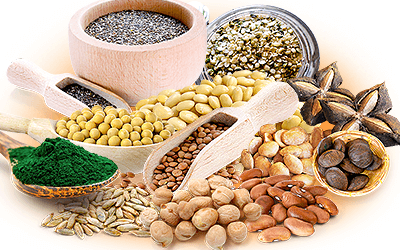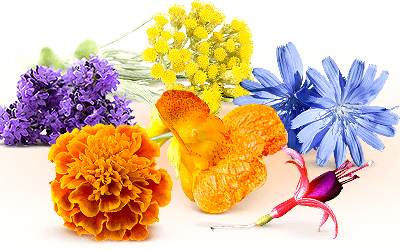Male infertility affects about 7% of all men, contributing to 30% to 40% of infertility cases.3
Infertility is defined as an inability to conceive or carry a pregnancy to term. It can affect both men and women, and there are many factors that can contribute to infertility. According to the World Health Organization (WHO), nearly 17.5% of the global population - about one in every six people of reproductive age - experience infertility issues at some point in their life.1,2 About one-third of infertility cases is attributed to female factors, one-third to male factors, and the remaining one-third to a combination of both or unknown causes.
Most Common Causes of Infertility
It's important to note that these are just some of the potential causes of infertility, and each case is unique. If a couple is struggling with infertility, it's advisable to consult with a healthcare professional or fertility specialist for a comprehensive evaluation and appropriate guidance:
Causes of Infertility in Women:
Ovulation disorders: Irregular or absent ovulation can make it difficult or even impossible for a woman to conceive.
Polycystic ovary syndrome (PCOS): It's a hormonal disorder that affects ovulation and can lead to irregular menstrual cycles.
Age-related factors: As women age, the number and quality of their eggs decline, making conception more challenging.
Fallopian tube abnormalities: Blocked or damaged fallopian tubes can prevent the fertilization of an egg or hinder the passage of a fertilized egg down to the uterus.
Uterine or cervical abnormalities: Certain structural abnormalities in the uterus or cervix can affect fertility.
Endometriosis: It's a condition where the tissue normally lining the uterus grows outside the uterus, potentially affecting fertility.
Causes of Infertility in Men:
Abnormal sperm production or function: Issues with sperm quality, low sperm count, or abnormal sperm shape or movement can affect fertility.
Varicocele: Enlarged veins in the testicles can impact sperm production and quality.
Hormonal imbalances: Imbalances in hormones like testosterone can affect sperm production.
Genetic factors: Certain genetic conditions can cause infertility in men.
Testicular or ejaculatory duct blockages: Blockages in the tubes that carry sperm can prevent their release during ejaculation.
Environmental factors: Exposure to toxins, radiation, certain medications, or excessive heat can affect sperm production.
Herbs for Fertility
Increasing fertility with herbs is a topic that has been explored in traditional medicine and herbal remedies for centuries. For those in search of natural ways to boost fertility, it may be helpful to have more information about some herbs that have been traditionally used to increase the chances of conceiving.
1. Aguaje (Mauritia flexuosa)
Also known as buriti and miriti, aguaje is native to the Amazonian regions of South America. Its medicinal benefits include restoring hormonal balance in women. Aguaje's active compounds have been identified, and its estrogenic properties have been shown effective for the treatment of female conditions related to estrogen deficiency, a common cause of infertility.
2. Chasteberry (Vitex agnus-castus)
Chasteberry, also known as chaste tree and Vitex, has been used for centuries to support reproductive health in women. It helps regulate menstrual cycles and promotes hormonal balance. A 2019 study suggested its efficacy for improving chances of conception in women when combined with other herbs for fertility.4
3. Maca (Lepidium meyenii)
The maca root has been traditionally used to enhance fertility. Studies have shown that it helps balance hormones, improve libido, and support overall reproductive health. A 2019 study revealed the efficacy of maca root for male fertility, particularly its effects on increasing sperm motility and stimulating the activity of acrosomes.
4. Dong Quai (Angelica sinensis)
Also known as dang gui, dong quai is commonly used in traditional Chinese medicine as an herbal supplement for women's health. It is thought to increase blood supply towards reproductive tissues and organs, thus improving ovarian function.5
5. Ashwagandha (Withania somnifera)
Ashwagandha is an Ayurvedic herb that has been traditionally used to support male reproductive health and improve sperm quality and motility. Some studies have shown that ashwagandha promotes hormonal balance in aging men since its supplementation increases testosterone levels and improves semen parameters.
6. Ginseng (Panax ginseng)
Also known as Korean ginseng, this herb has been used in traditional Chinese medicine to support male reproductive health. Ginseng's benefits for men have been widely investigated, and some studies suggest that it may have positive effects on sperm motility and count.6
Along with taking the right herbal remedies and supplements, some basic lifestyle changes are also recommended for improving the likelihood of conceiving. Those usually include:
Avoiding unhealthy habits, such as consuming excessive amounts of alcohol, coffee, processed foods, and trans fats.
Eating a balanced diet that includes green vegetables (like broccoli, spinach and kale), tree nuts (such as walnuts), omega-3 fatty acid sources (like chia, flax seeds, and sacha inchi), and lean protein.
Increasing physical activity in order to keep a healthy weight and optimal energy levels.
It's essential to keep in mind that these herbs for fertility are not a substitute for medical advice or treatment, and their effectiveness and safety may vary depending on individual circumstances. Each person's fertility journey is unique, and it's important to consult a healthcare provider or fertility specialist for personalized advice and guidance. They can assess your specific situation and provide appropriate recommendations tailored to your needs.
Sources
- Current Drug Discovery Technologies, Herbal Medicines for Idiopathic Male Infertility: A Systematic Review
- Food Science & Nutrition, Female infertility and herbal medicine: An overview of the new findings
- Journal of Family and Reproductive Health, A Systematic Review on Use of Medicinal Plants for Male Infertility Treatment
Footnotes:
- World Health Organization. (2023). 1 in 6 people globally affected by infertility: WHO. Retrieved July 17, 2023, from: https://www.who.int/news/item/04-04-2023-1-in-6-people-globally-affected-by-infertility
- World Health Organization. (2023). Infertility. Retrieved July 17, 2023, from: https://www.who.int/news-room/fact-sheets/detail/infertility
- Fertility Family. 2021. What you need to know about male infertility. Retrieved July 17, 2023, from: https://www.fertilityfamily.co.uk/blog/how-common-is-male-infertility-everything-you-need-to-know/
- Maedica (Bucur). (2019). A Patented Blend Consisting of a Combination of Vitex agnus-castus Extract, Lepidium meyenii (Maca) Extract and Active Folate, a Nutritional Supplement for Improving Fertility in Women. Retrieved July 17, 2023, from: https://www.ncbi.nlm.nih.gov/pmc/articles/PMC6861720/
- Medicines (Basel). (2017). Successful Pregnancy after Treatment with Chinese Herbal Medicine in a 43-Year-Old Woman with Diminished Ovarian Reserve and Multiple Uterus Fibrosis: A Case Report. Retrieved July 17, 2023, from: https://www.ncbi.nlm.nih.gov/pmc/articles/PMC5597078/
- Chinese Journal of Integrative Medicine. (2016). Effects of Korean red ginseng on semen parameters in male infertility patients: A randomized, placebo-controlled, double-blind clinical study. Retrieved July 18, 2023, from: https://pubmed.ncbi.nlm.nih.gov/25967606/

